
Movie Review: The Black Phone
Download movie here 👉 The Black Phone
In light of the brief tale of a similar name, composed by Joe Hill, the child of Stephen King, “The Black Phone” narratives an emotional story of The Grabber, a youngster executioner who grabs high schooler young men out so everyone can see gone forever. At the point when Finney (Mason Thames) turns into the following hostage, held in a soundproof storm cellar, he starts to get calls from The Grabber’s past casualties through a detached landline.
Elaborately, the film is nostalgic, suggestive of one of a kind photos and the period of striped child tees, erupted pants, and The Ramones. Warm earthy colors and oranges, film grain, and sifted light flood the screen. In any case, this charming ’70s the suburbs is ruined by Derrickson’s shock.
The main interference of the generally reliable variety plot is the dynamic quality of blood and the neon of police lights, making these minutes all the seriously shaking. The endured cement of the storm cellar is painted with brushstrokes of rust and blood: an evidential painting of viciousness liberated.
The perky ’70s soundtrack is intruded on by a bassy, thunderous score that resounds in your ribs, sinks into your eardrums, and on occasion seems as though you’re hearing it from underground in the Grabber’s cellar. The film’s initial credits streak through nostalgic B-roll of the halcyon ordinary events of rural youth — popsicles, ball games, and radiant roads — just to be interweaved with the vision of horrendous knees and piles of missing people banners.
This juxtaposition of quiet and assortment being look ahead while savagery putrefies under isn’t just complex, however topical. Hesitant Finney and his spicy sister Gwen (Madeleine McGraw), subsequent to managing aggressive harassers at school, return home to not be raised by their harmful alcoholic dad. “I’ll care for Dad,” turns into an example of exchange all through the film, when Finney is passed on to get back while his sister stays with a companion. Child takes care of father and kin bring up one another, kids safeguard each other from menaces while school staff is missing during juvenile fights, Gwen (with her visionary capacities) drives the police examination, and past casualties speak with Finney while he’s in the grasp of an executioner. It’s this shared characteristic of a kid to-youngster emotionally supportive network without a trace of dependable grown-ups that makes “The Black Phone” in excess of a straightforward story.
Derrickson and Cargill create a nuanced, diverse story that takes loathsomeness components and supports them with mindful conversation of patterns of misuse, injury, and the obligation of youth. Hawke’s Grabber is portrayed by character inversion. His fake happy demeanor displays energized idiosyncrasies and a sharp voice. It’s frightfully innocent, hitching itself to an idea of injury based age relapse conduct, and comparing with the grown-up like irreverence and development with which the children talk. Yet, the kooky harlequin act is transient, leaving Finney helpless before an all out change: an imposing, profound manner of speaking and unforgiving, brutal disposition.
It’s at these times where Hawke flexes his exhibition and adaptability. His villainy is unusual and unstable. He skillfully pussyfoots a conflicting line of energetic energy and evil. Turning in a very small space, and with a veil covering the lower half of his face for a large portion of the film, his acting depends on non-verbal communication and the emotive flashes of his eyes. However he was reluctant to play a reprobate, Hawke more than succeeds, and the profound emotional acting that is established the groundwork for his big name makes an interpretation of impeccably to an ill-disposed job.












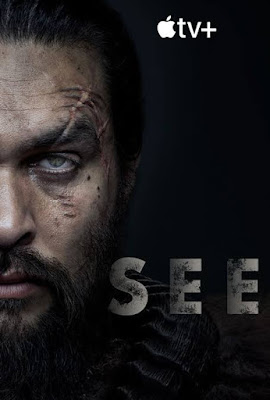



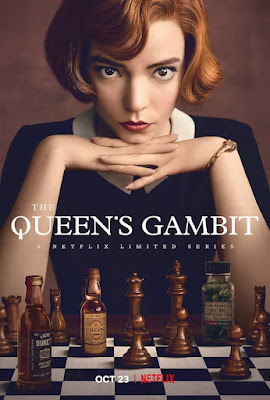
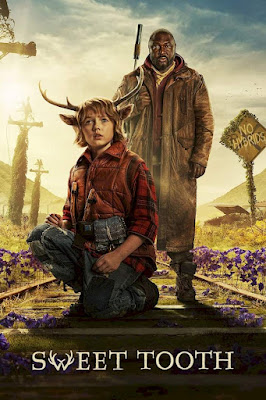




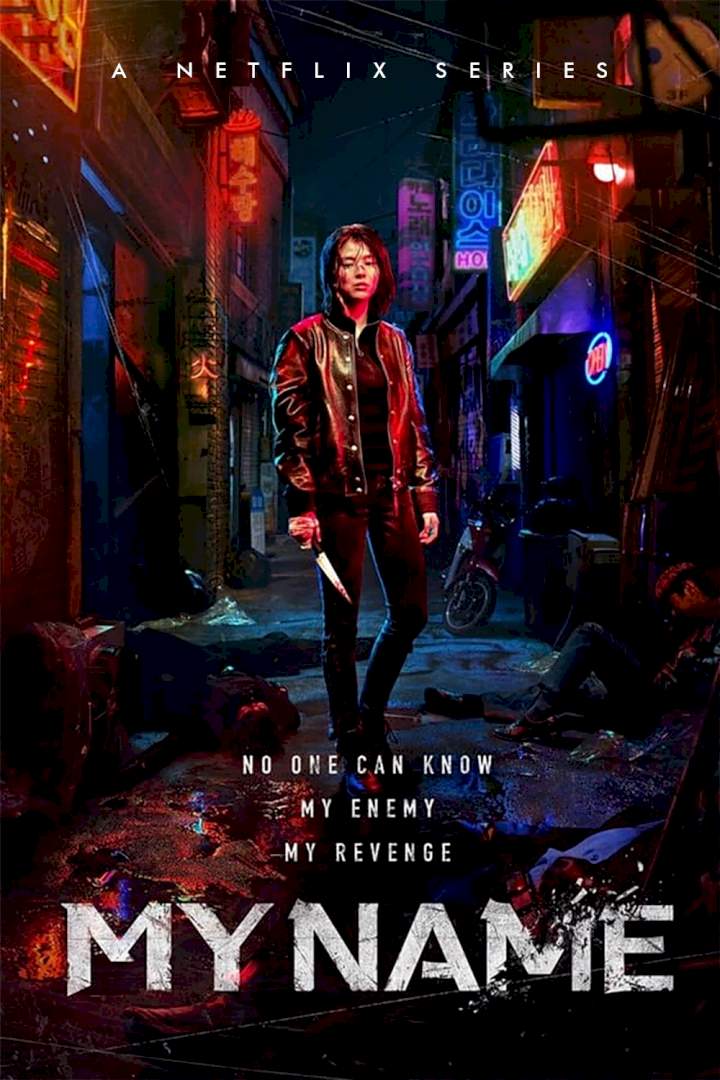

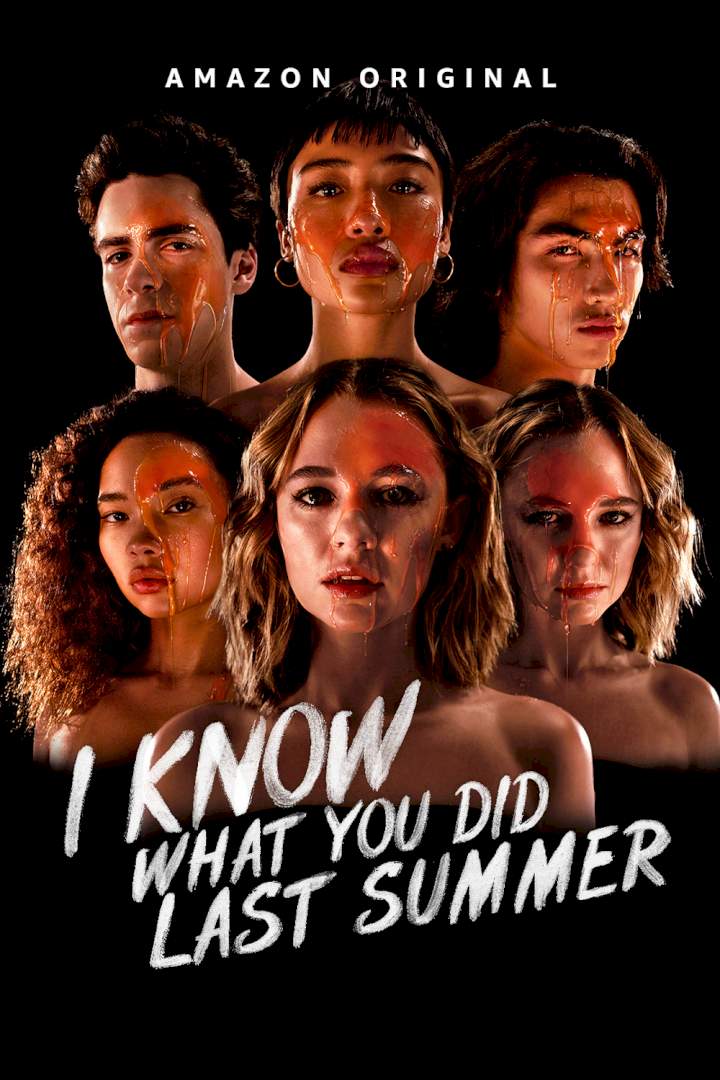

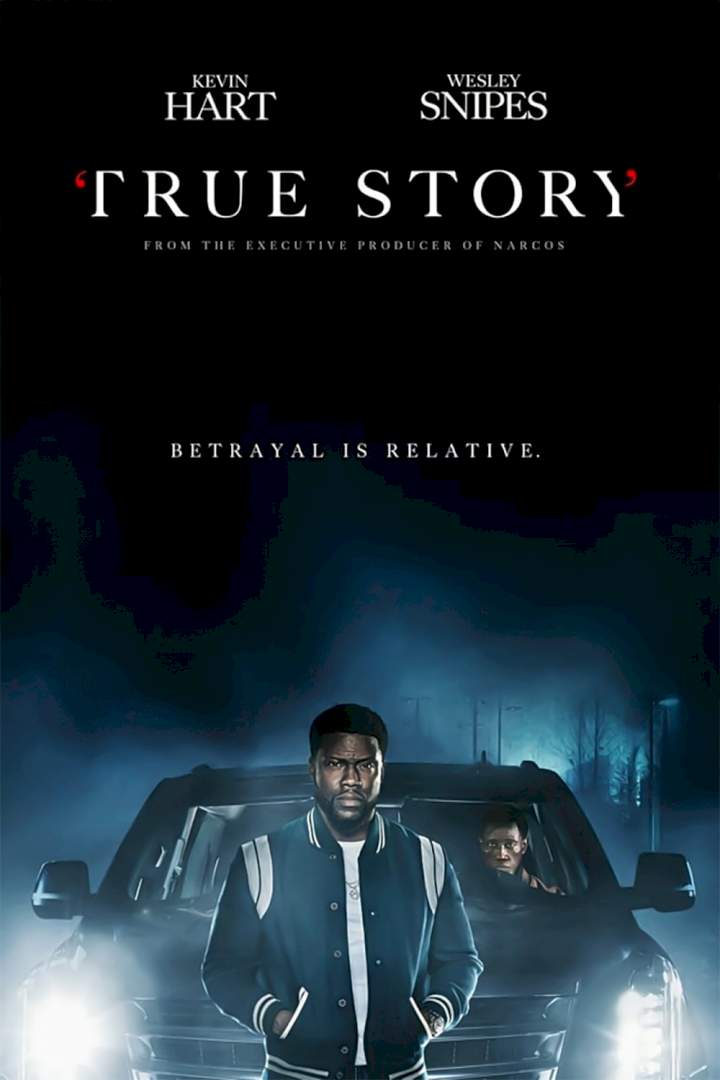
Post Comment